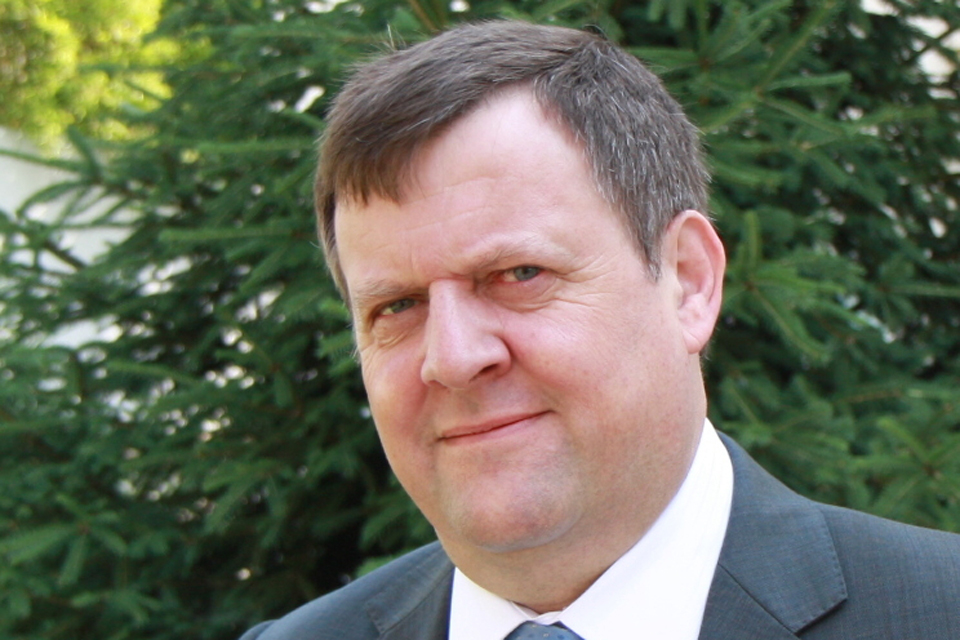British Ambassador to Albania, Nicholas Cannon addressed a conference on higher education funding
The conference aimed at bringing the British model in matters related to the financing of higher education institutions.

I am grateful for the opportunity to say a few words in support of the process of Albanian higher education reform. I see this as one of the success stories of this government, with potential for further future successes. The reform of higher education, together with vocational education, responds to the economic needs of the country and the demands of the public. Albanians take education seriously. Poor families are prepared to pay hard-earned money to send their children to university. Debates around university reform in the press or in parliament tend to be well-informed and sophisticated.
Earlier experiences with rapid expansion in private university education unfortunately gave rise to the phenomenon of the “kiosk universities”. The current Minister of Education correctly identified the closing down of this phenomenon as the first priority in higher education. But this has been followed by a sustained drive to improve quality standards across both the private and public higher education sectors. I am pleased that the British Quality Assurance Agency has been able to assist the Ministry of Education in this process.
The Higher Education Law was the major legislative achievement of the second parliamentary year of this government, just as Local Government reform was in the first year, and, I hope, judicial reform in the third. The law provides for a radical overhaul of the principles of higher education, of educational institutions, and of university governance. I am pleased that British partners have been able to offer advice on three of the new institutions, the Agency for Quality Assurance in Higher Education, the Educational Services Centre and the National Agency for Higher Education Financing. We hope to work with these institutions as they develop. It is strong institutions that will deliver the agenda of reform.
We are certainly not trying to impose a “British model” on the Albanian university sector. We want to see an “Albanian model” reflecting the needs of the country. But we believe that our expertise and experience could be of value in the reform process. University reform in the United Kingdom has been a difficult process, with many successes and some failures: we believe that Albanian education officials and academics can learn interesting lessons from both.
But university reform cannot just be a top-down process directed by the Ministry. University administrators and academics have their role to play in making the most of opportunities for new governance structures. The Higher Education Law provides scope for the universities themselves to increase their independence and use their own initiative. Some Albanian universities have already sent delegations to the United Kingdom to look at different models of internal governance, and different relationships between universities, the Education Ministry, institutions in the higher education sector, and a new and more demanding generation of students. Our British Council team are keen to develop these area of activity. The reform process can be a dialogue between government, experts and academics.
Why is Britain, through our Embassy and the British Council, supporting the Albanian higher education reform process ? Firstly, we think it is good for Albania. This is a small country, but with dynamic young people in search of economic and cultural opportunities. A reformed higher education sector will help the country open up its considerable economic potential. It will make it a better place to live in, work and study. Secondly, by aligning Albanian standards with European standards, it will contribute to the acceleration of Albania’s integration into the European Union. Thirdly, it will provide models that can be adapted elsewhere in the region, particularly in Kosovo. Lastly, of course it is good for Britain. Our experts can gain new experiences, work with new partner institutions, and engage with the Albanian academic world. They will learn things here that can be used elsewhere, including back in Britain itself. I am proud that the Minister has chosen the United Kingdom as a partner in this important reform process. I can assure you of our continuing support as you take the reform process forward.